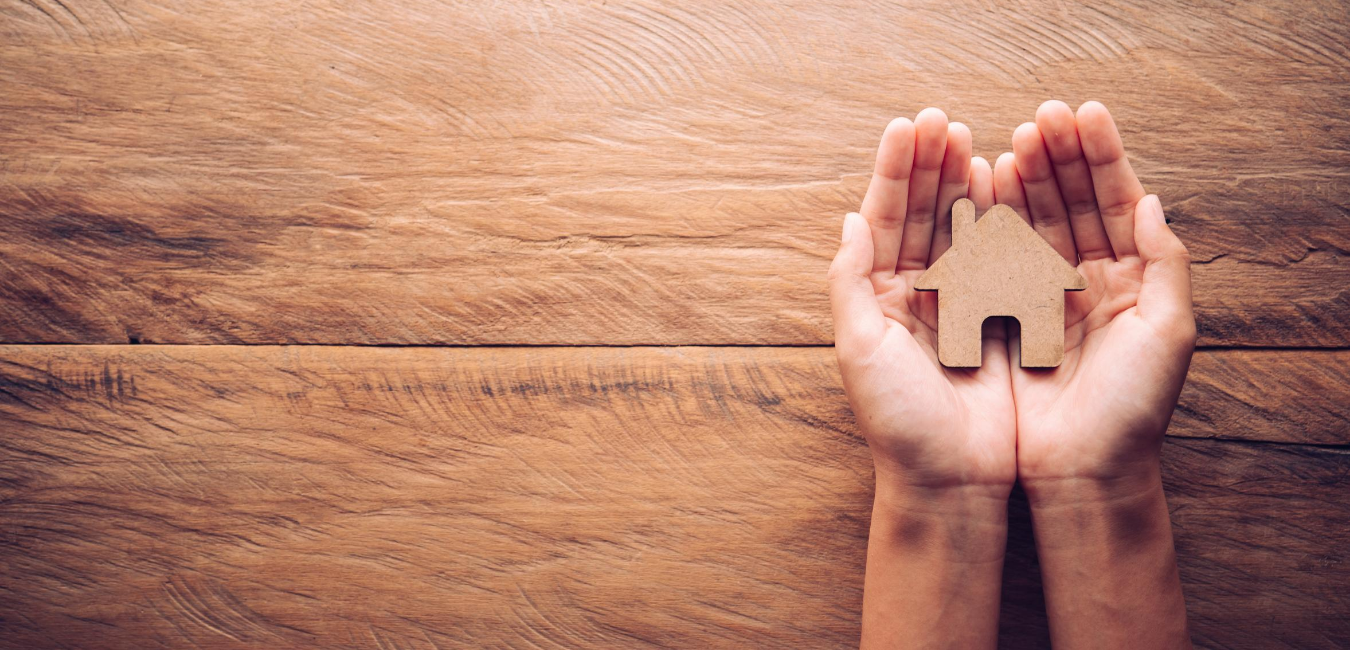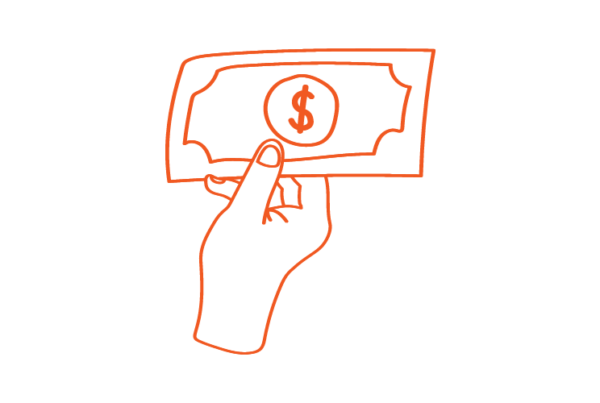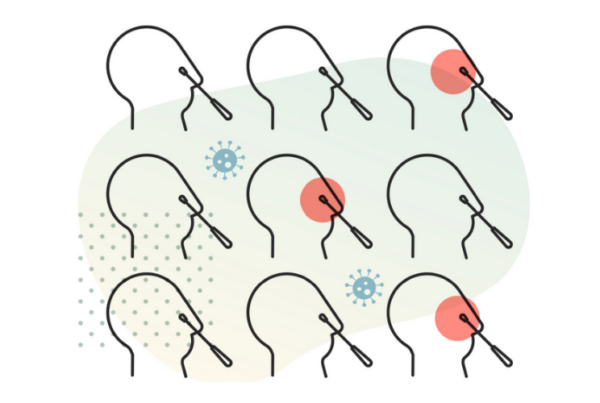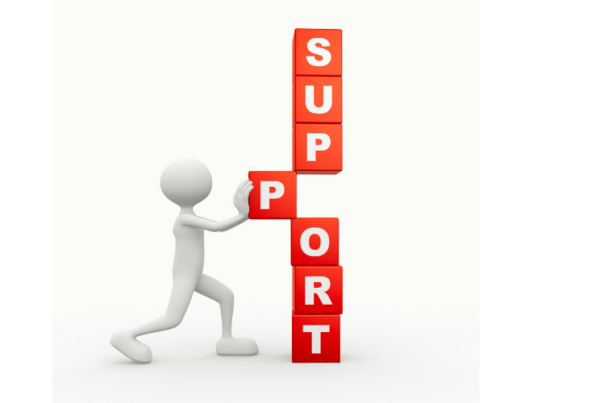
Buy low – sell never is a simple property investment philosophy that has worked well for over 100 years in Australia. Our long-term trends have shown an amazing consistency in growth despite wars, depressions, recessions and… plague?
It’s the big question isn’t it? What will happen to the property market, and therefore the overall economy of Australia post Covid-19?
Given the property market represents around 70% of our nation’s wealth, it is an exceptionally important question to ask.
Before taking a look at these questions, I’d like to reflect on past economic situations that have represented challenges for our country, and some of the surprising outcomes from these.
The recession we had to have
Interest rates where insanely high and the economy was booming on a huge line of credit. Lenders were throwing money at people left and right, with people such as Alan Bond and Christopher Skase riding high on stupid amounts of debt. The Sharemarket was a massive bubble ready to pop. And pop it did in October 1987.
Like one big game of kerplunk, down it came. But property actually went up. In the 72 months it took to recover the share market losses, property had risen by 58%. But then down it all came. Interest rates dropped to 13% at the start of the crash then increased back to 15%, taking investor confidence out of the market. Property eventually dropped again but not below what you would have bought it for in 1987!
The GFC
Not only did the stock market crash, banks literally ran out of cash. A massive bubble caused by insane investments in things called “derivatives” backs by loans you’d never have seen before, or will hopefully never see again.
In simple terms, the Clinton government made home ownership a “right” rather than something you worked for, and accordingly the US Banks had to adjust their lending principles.
The theory was that the property market would rise. They did however forget the fundamentals of “supply and demand”, and had an oversupply of dwellings. The values started to crash in mid 2006. The gambling on sub-prime derivatives didn’t stop. And it went on until that bubble burst.
And yes, Australia was also caught up in this as we had a lot of money coming from the USA that our banks would lend to borrowers under “securitisation programs”. Basically, investors would pool their funds and lend to a bank who would lend to you.
As for the Australian property market, properties in the sub 70% of median price bracket (typical outer suburban growth areas), rose sharply and have continued to do well.
Covid-19
So, back to the great unknown. What will happen post Covid-19 and how will property prices respond?
Unemployment is ALWAYS a major factor in economic outcomes. Australia has lost a lot of jobs over the past few months, and this has resulted in decreased spending habits. People have tightened their belts, and savings are rising. If we look at states other than Victoria, they are slowly returning to normal. QLD property prices are actually doing VERY well.
However – around 5% of home loan borrowers took the banks repayment holiday program (capitalising interest for up to 6 months). The reality is, this will present a lot of people with a problem moving forward. The criteria to do this was quite simple, however it was designed for those who had lost their jobs, or income due to Covid-19. Unfortunately, a majority of these people may never recover.
Start by looking out for bargains. People ready to sell their properties fast so they don’t lose too much equity, and walk away with at least some money before the banks take it all. Buy low? Perhaps.
So what should you do?
PREPARE! – Have you been thinking of purchasing a new property post lockdown?
Prepare for the opportunities that should present and allow you to grow your wealth.
If you are in an industry that is secure (outside of tourism, hospitality etc), now would be a good time to explore your borrowing capacity, review your debt and tax structures, and get ready to move on potential bargains.
What if I do this and nothing happens? – You will have reviewed your home loan and other debts, and be in a better position than you are today. It’s a win, win.



